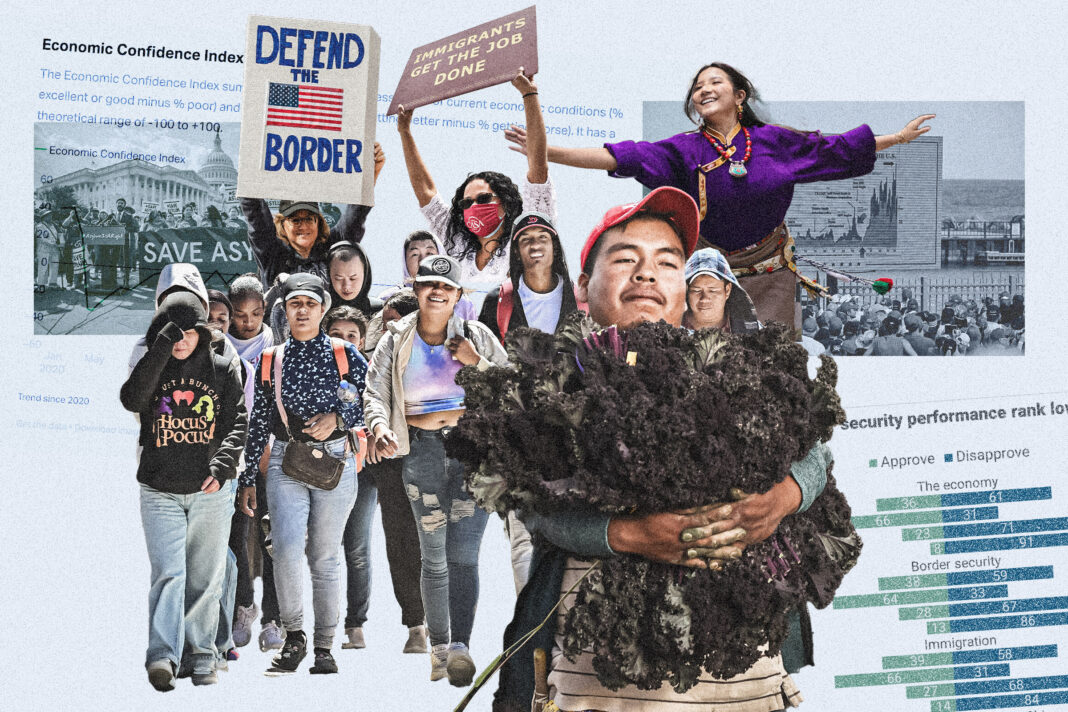Highly-educated immigrants bring bulk of benefits to U.S. economy, new study suggests
Immigration has become an increasingly prominent political issue, heightened by the sharp increase in people coming into the country across the southern border.
While studies show it’s good for the economy overall to let more people into the country, they also show that some Americans benefit more than others, and some end up being worse off. It also matters who comes in and how. Poorly regulated immigration contributes to problems not readily apparent when looking from purely economic point of view, some experts argue.
Even many who pride themselves as pro-immigrant have reevaluated their attitudes in light of the border situation that’s now being felt in communities across the country. As recently as June last year, 40 percent of Democrats favored increasing immigration, Gallup reported. This February, the number sank to 27 percent, based on AP/NORK poll.
Republicans or those who lean Republican overwhelmingly see illegal immigration as a “crisis” or “major problem,” according to Pew Research. Majority of them would also prefer less immigration overall, according to Gallup.
Who Benefits?
A growing body of research shows that immigration boosts the economy in the long term.
An upcoming paper by Prof. Tarek Hassan, a Boston University economist, estimates that an influx of 12,000 new immigrants into an average U.S. county boosts its per capita patent filing by native population by 30 percent and the average wage of natives by 5 percent—all within five years. The wage effect would then perhaps double over the next few decades before gradually fading away.
The dynamic behind the results, Mr. Hassan told The Epoch Times, could be described as a “battle between two forces.”
“When more migrants arrive … they should be driving down wages, because more workers should mean lower wages for everyone,” he said.
“But at the same time, we also believe that economic growth comes from just more people being able to sit down and think about ideas.”
By Petr Svab







